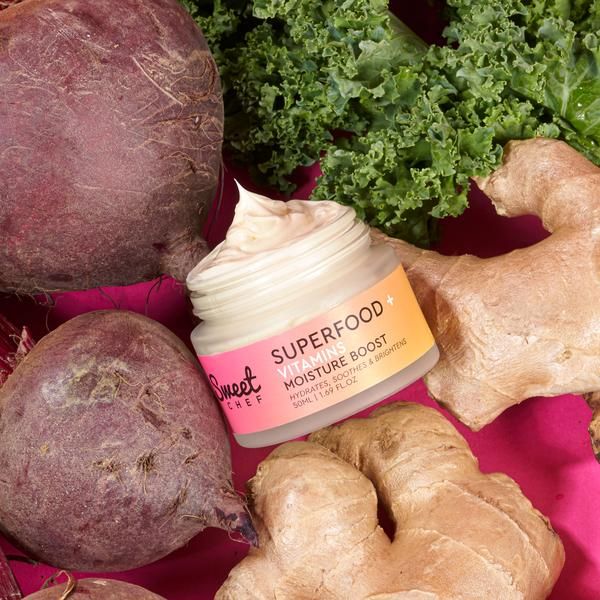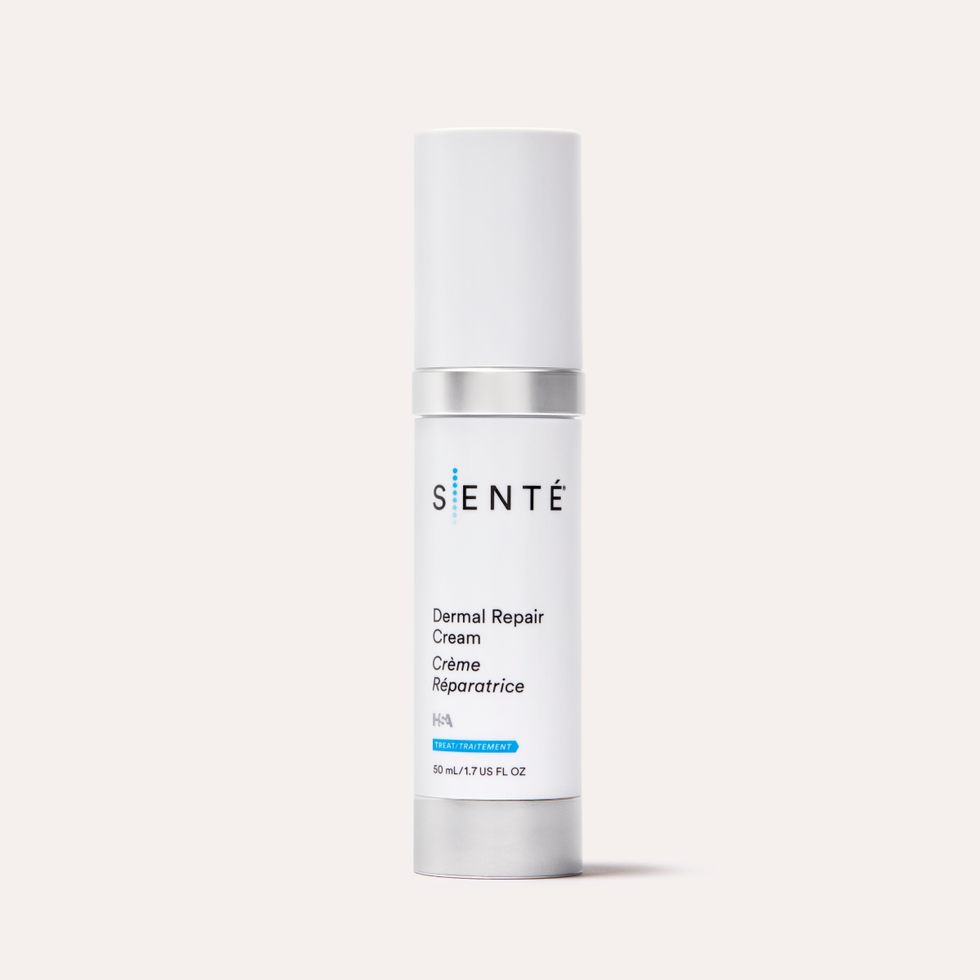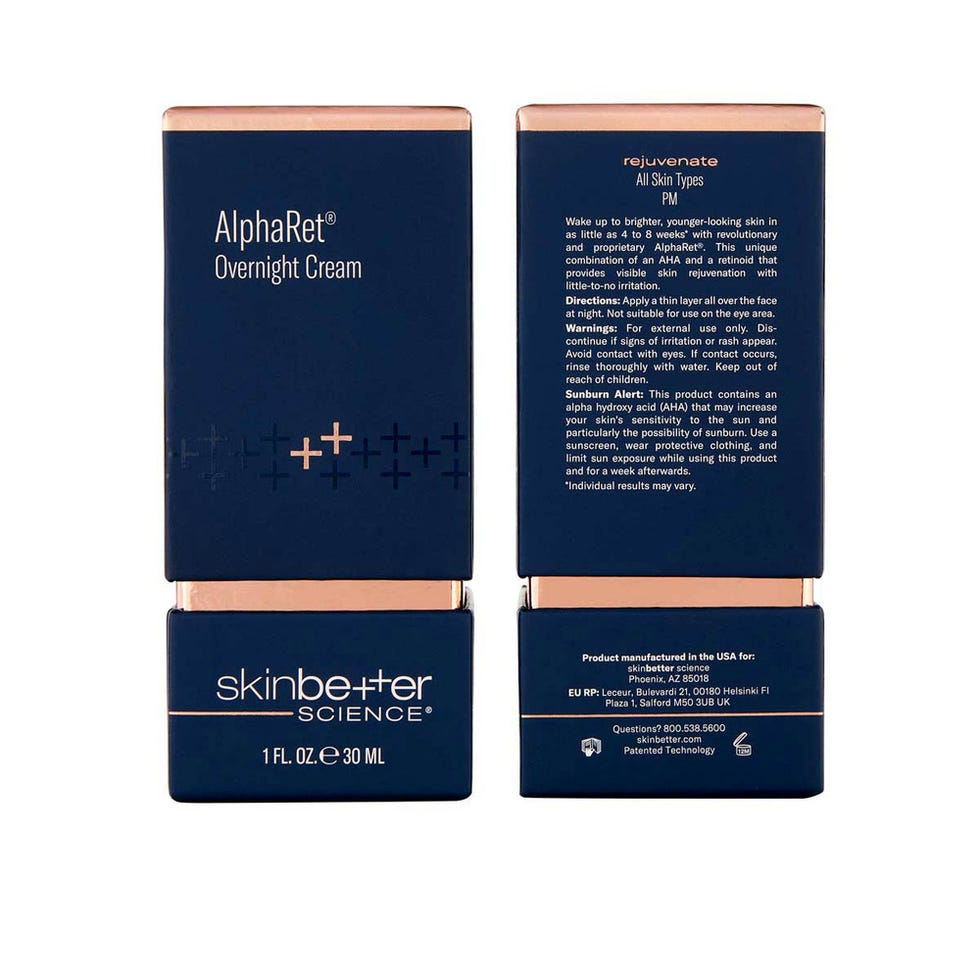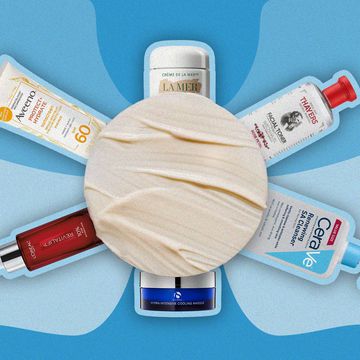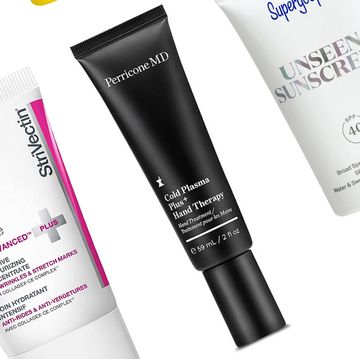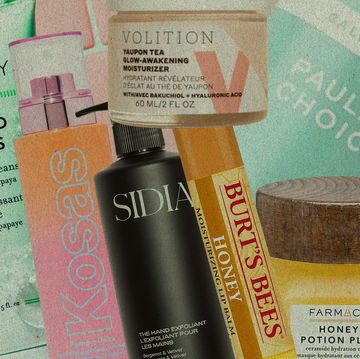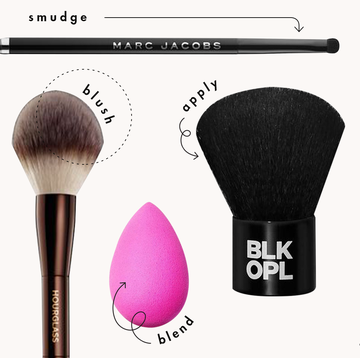It’s almost a given that most of us have two separate moisturizers for day and night. We often turn to our daytime moisturizers to hydrate, brighten, plump, and smooth our skin, and our night creams are thicker, creamier, and tend to feel a bit more soothing on our skin.
A few weeks ago, I ran out of my night cream and subsequently found out Lancôme had discontinued it. After the shock wore off, I got to thinking: Do we really need a separate night cream? So, I did a little digging. The answer is yes — and no.
While some people may stand to benefit from both daytime and nighttime moisturizers, it may not be a necessary step for everyone. Whether or not you need a night cream really depends on what you’re looking for in a moisturizer and your overall skincare needs.
To clear things up, we spoke with Dr. Jeannette Graf, a board-certified dermatologist and an assistant clinical professor of dermatology at Mount Sinai School of Medicine, to get the skinny on daytime versus nighttime creams and whether you need both.
Graf says, “It may seem like night cream is a marketing gimmick, but our skin, like the rest of our body, has its own circadian rhythm. That means our skin functions differently during daytime and nighttime, and thus has different needs.”
As it turns out, our skin is hard at work, both day and night. “During the day, our skin functions to protect us from UV and other environmental damage,” says Graf. “It produces more sebum, which contains antioxidants, especially when the sun is at its peak. At night, our skin is in its restore and renewal phase. Microcirculation increases, sebum production is lowered, and your skin is more prone to transepidermal water loss.”
What do daytime moisturizers do?
Ideally, your daytime moisturizer should include vitamins, minerals, and other compounds that you need to effectively fend off the daily assault on your skin. Antioxidant protection and hydration are key, so in addition to ingredients like niacinamide and hyaluronic acid, Graf says, “You also want to include antioxidants like vitamin C, polyphenols, and carotenoids to further help your skin protect itself in fighting off free-radical damage. Also, look for ingredients with anti-inflammatory benefits to soothe the skin.”
In addition to ingredients that protect your skin, your day cream should also be light enough in texture to look good and feel comfortable under your makeup. And, of course, SPF is non-negotiable.
What do nighttime moisturizers do?
While you’re sound asleep, your skin is hard at work. Nighttime is prime time for repair, renewal, and restoration. So, it makes sense to use a night cream that’s specifically formulated to facilitate the process.
“During the night, look for a moisturizer that is richer in texture and formulated with more occlusives to lock in hydration,” says Graf. “Because a lot of active ingredients like retinoids and exfoliating acids are photosensitive, you should only use them at night. And while antioxidants and anti-inflammatory ingredients help protect the skin during the day, at nighttime they work to restore your skin.”
Do you need a separate daytime and nighttime moisturizer?
To keep things simple, it may be best to think about it this way: Your daytime moisturizer should be focused on protection, and your nighttime routine should be focused on repair.
Ultimately, you should use a night cream that’s specifically formulated as such because your skin has different needs at night.
However, if you’d prefer to streamline your skincare routine and pare down the number of products you’re using (and, by extension, the money you’re shelling out), it’s best to choose a cream that effectively pulls double duty. What does that mean? Opt for a moisturizer with SPF. This way, it’s perfect for daytime use (and protection), and it’s fine as a nighttime moisturizer as there’s no harm in using an SPF overnight.
We asked Dr. Graf for a few product recommendations for daytime and nighttime moisturizers. Here are some of her suggestions.
Best Moisturizers for Day
“This moisturizer helps plump and firm dry, dehydrated skin with a tripeptide complex and cross-linked hyaluronic acid. In addition, it protects the skin with Alteromonas ferment extract, a promising biomimetic ingredient that protects the skin from oxidative stress due to pollution and UV rays.”
“For someone looking for a very lightweight day cream that’s still hydrating or a moisturizer to wear under makeup, this moisturizer is ideal. It hydrates with hyaluronic acid and aloe vera, protects the skin with a non-irritating vitamin C derivative (3-O-ethyl ascorbic acid), and it contains antioxidants from ginger and turmeric, both of which are adaptogens.”
Best Moisturizers for Night
“For people with oily to normal skin, this cream is suitable for their nighttime routine. While it has a rich texture and is loaded with hydrating ingredients like reishi mushroom extract, chia seed extract, and red algae extract, it’s still lightweight and fast absorbing. In addition, it has tons of vitamins, minerals, and antioxidants from ginger, spirulina, oat, and turmeric that help restore and brighten the skin.”
“Ideal for people with dry to normal skin, this rich night cream has a heparan sulfate analog, which repairs the skin while moisturizing severely dehydrated skin.”
“Retinol is the gold standard of anti-aging ingredients in that its effects are so multifaceted. It helps increase cell turnover, which helps to brighten and tone the skin, and stimulates collagen production to help minimize the appearance of fine lines and wrinkles while firming the skin. But retinol can’t be used during the day, as it increases the risk of sunburn and sun damage. This cream is formulated with a cosmetically elegant texture, as well as lactic acid, a gentle alpha hydroxy acid, to exfoliate the skin.”
Sharon Brandwein is a writer specializing in parenting, beauty, and lifestyle content. Her work has also appeared on USA Today, ABCNews, Bustle, and Brides.
Get Shondaland directly in your inbox: SUBSCRIBE TODAY
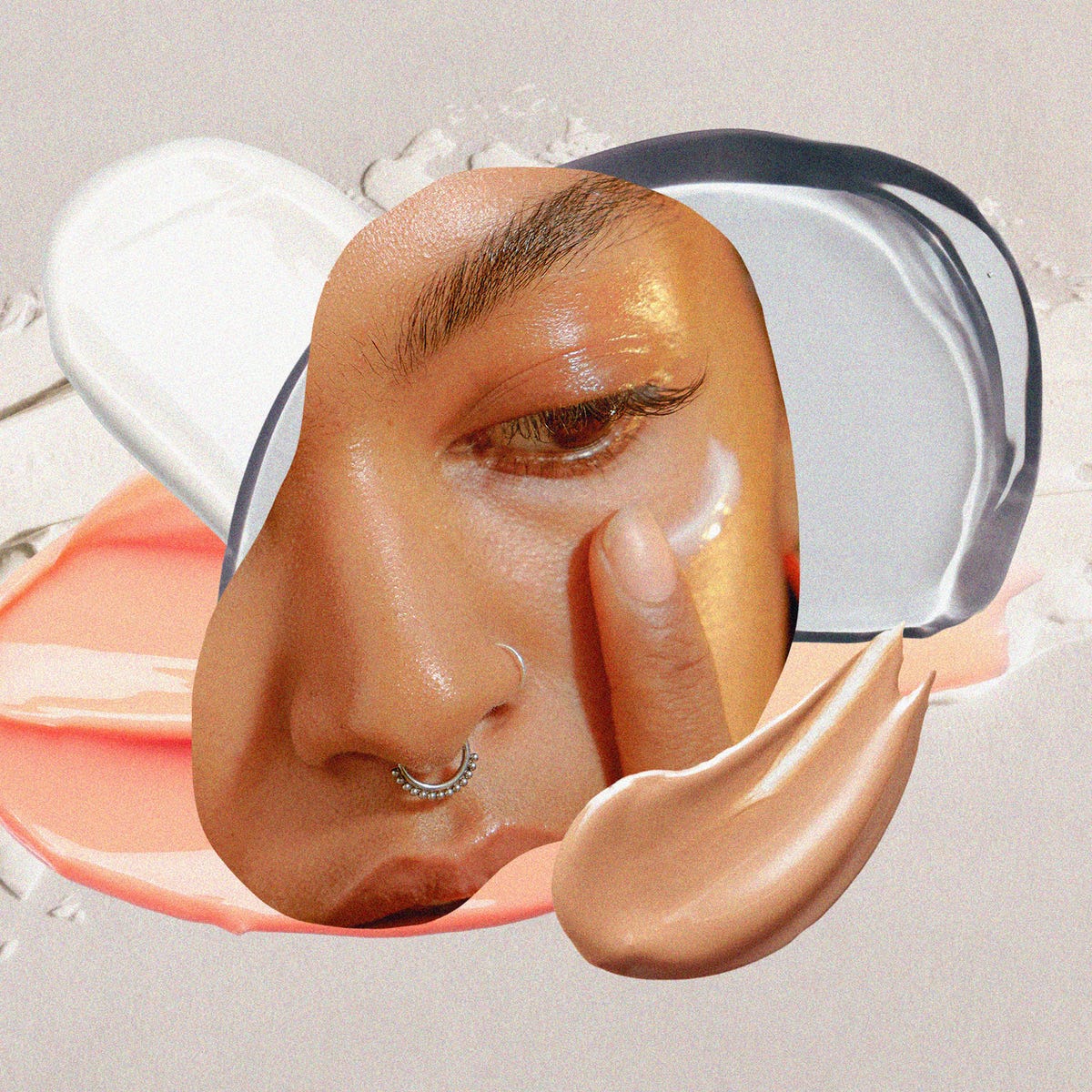
.jpg?crop=1xw:1.00xh;center,top&resize=980:*)

